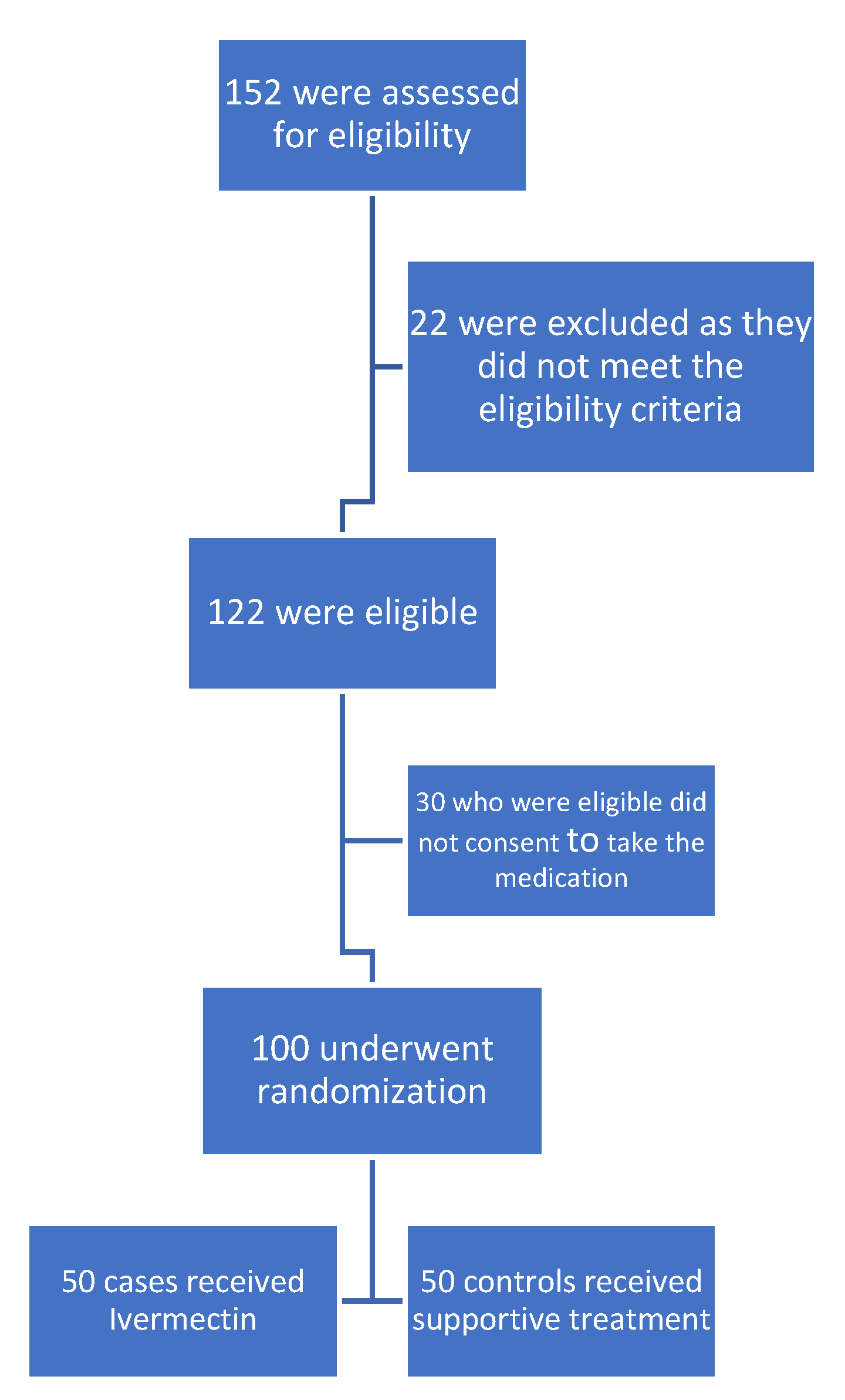
Elsewhere you have talked about distribution and allocation as key parts of ecological economics. But we have to recognize that the environment creates certain limits and constraints on that, and we can define a safe operating space within which we can do the best we can.


It’s not that we can't continue to improve the human situation. The mainstream view doesn’t recognize those limits or thinks that technology can solve any resource constraint problems. Ecological economics tries to study everything outside the market as well as everything inside the market and bring the two together.Ĭonventional economics doesn't really recognize the importance of scale-the fact that we live on a finite planet, or that the economy, as a subsystem, cannot grow indefinitely into this larger, containing system. Mainstream economics, I think, is focused largely on markets and while it recognizes that there are externalities, they are external-they're out there. Q: How does it differ from environmental economics?Įnvironmental economics is a subdiscipline of economics, so it's applying standard economic thinking to the environment. It also has some design elements, in the sense of how do we design a sustainable future.? It’s not just analysis of the past but applies that analysis to create something new and better.

It’s an attempt to look at humans embedded in their ecological life-support system, not separate from the environment. That's what’s necessary to get a more integrated picture of how humans have interacted with their environment in the past and how they might interact in the future. It's not trying to be a subdiscipline of economics or a subdiscipline of ecology, but really it's a bridge across not only ecology and economics but also psychology, anthropology, archaeology, and history. Ecological economics is a trans-disciplinary field.


 0 kommentar(er)
0 kommentar(er)
